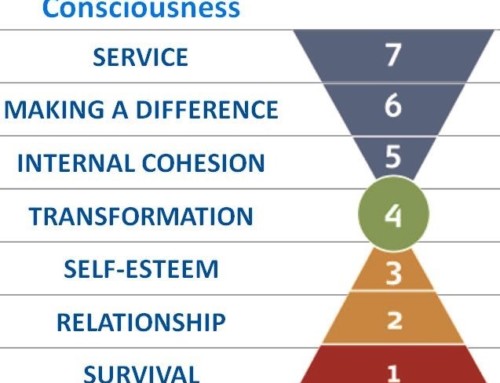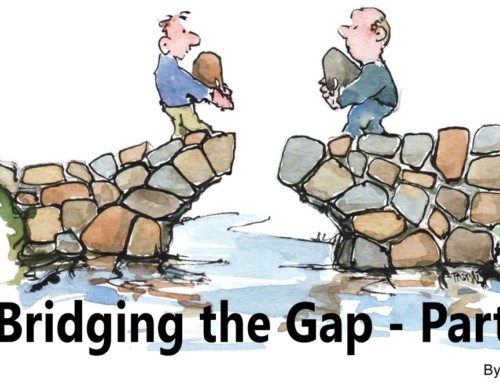The Wall Street Journal ran an article titled Thinking Happy Thoughts at Work on January 27th.
Reading the title alone, one might assume that the author, Sue Shellenbarger, sought to trivialize the Positive Psychology movement afoot in corporate America. But while Shellenbarger commented that “critics see Positive Psychology as a way for companies to improve morale while they continue to burden employees with the threat of layoffs and an ever increasing workload,” she then offered numerous reasons why the movement should be taken seriously.
Employee morale statistics have plummeted to record breaking lows in the wake of the economic downturn and massive layoffs.
Practicing the tenants of Positive Psychology will not only support the enhancement of employee morale, but also support the resilience of the organization.

Research has revealed that employees who are experiencing positive emotions are more creative, flexible and innovative. They are better able to see the big picture and are better corporate citizens.
The practice supports employees in focusing on what they can control versus things outside their control. Practitioners are encouraged to look for the silver-lining in events they might at one time have labeled as negative. Companies involved in the movement are creating change by focusing on what they want to create versus focusing on a problem.
The article provides testimony from employers who claim to have recognized greater resilience in their organizations due to the support of coaches and trainers who use Positive Psychology as the foundation for their work. The skills taught through the movement make employees and organizations better able to handle the natural ups and downs of corporate life.






Leave A Comment
You must be logged in to post a comment.